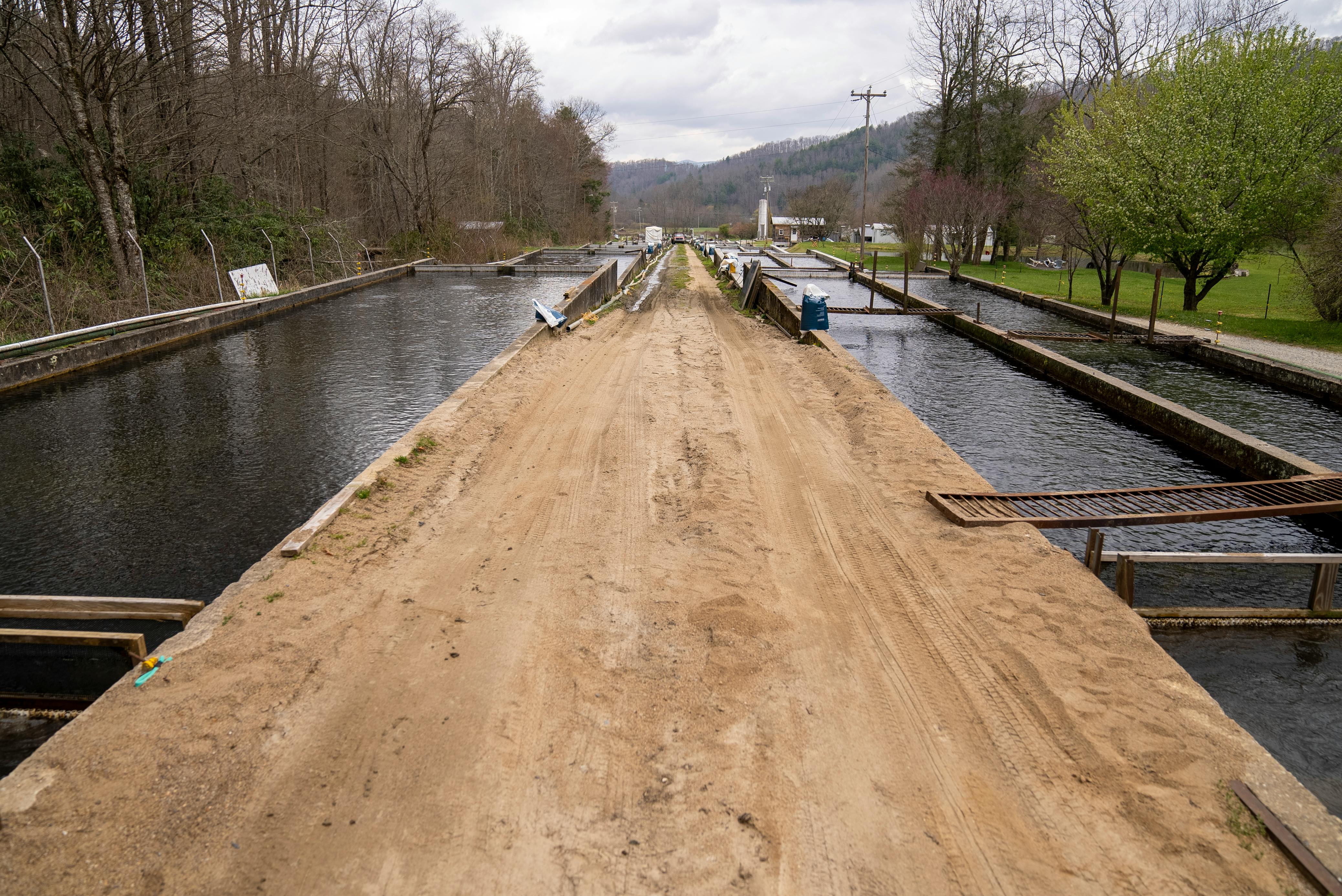What Is Distilled Water?
Distilled water is water that has been purified by vaporizing it and condensing the steam back into liquid form. This process removes impurities, such as salts, minerals, and other contaminants, from the water. Distilled water is often used in medical settings and for preparing food and drinks, since it does not contain any of the impurities that can be found in tap or spring water. It is also a popular choice for drinking, as it does not have an unpleasant taste or odor.Distillation is a simple process that involves boiling the water until it turns into vapor. The vapor is then condensed back into liquid form by cooling it down to room temperature. The condensed liquid is then collected and stored in a container for use. Distillation removes virtually all of the impurities from the water because they are left behind when the vapor condenses back into liquid form. This includes bacteria, heavy metals, salts, and other contaminants that can be found in tap or spring water.
Distilled water has many uses, including medical settings where pure water is needed for certain procedures. It is also used to prepare food
Filtered and Distilled Water
Water filtration and distillation are two processes used to purify water for human consumption. Both processes remove impurities from the water, but in different ways. Filtering water is a mechanical process that removes contaminants such as dirt, sediment, and other particles from the water. Distillation is a thermal process that involves boiling the water to remove bacteria and other dissolved solids.Filtration
Water filtration is typically done by passing the water through layers of physical barriers such as carbon or ceramic filters. These filters trap particles such as dirt, sand, sediment, and other impurities so that they can be removed from the water. It also removes chlorine and other chemicals used to treat drinking water to make it safe for human consumption. The end result of a filtration system is clean, clear drinking water free of particles or pollutants.Distillation
Distillation is a process where the water is heated until it turns into steam or vapor. This vapor is then cooled back into liquid form which results in pure, distilled water with no contaminants or pollutantsHow Is Filtered Water Made?
Filtered water is made by running water through a filter medium to remove contaminants and particles. The process of filtration is used to purify water for drinking, irrigation, industrial processes, and many other purposes. The filter medium can be anything from activated charcoal to reverse osmosis membranes. Depending on the type of filter used, different levels of contaminants can be removed from the water.Activated carbon filters are one of the most common methods used for filtration. These filters use activated charcoal as a filter media and can remove up to 99% of chlorine, lead, and other contaminants from the water. These filters are generally inexpensive and easy to install in homes or businesses.Another type of filtration is reverse osmosis. This process forces water through a semi-permeable membrane which removes dissolved salts and other impurities from the water. Reverse osmosis systems are generally more expensive than standard carbon filters but they provide higher quality results as they can remove up to 99% of all dissolved solids from the water.Ultraviolet (UV) purification is another method used to makeHow Is Distilled Water Made?
Distilled water is made by boiling water and collecting the steam that rises from it. The steam is then cooled and condensed into a clean container, leaving impurities behind. This process removes minerals and other contaminates that are found in regular tap or groundwater, making it safe to drink. It also eliminates any taste or odor that may have been present in the original water source. The process of distillation is often used to purify drinking water for medical and industrial applications, as well as in home-use distillers.The first step of distillation is to boil the source water. This can be done on a stove top or in an electric distiller. During the boiling process, some of the water evaporates, leaving behind solids that cannot vaporize (such as minerals). The vaporized water rises into a condenser, which is typically a glass coil cooled by running cold tap water through it. As the steam passes through the condenser, it cools and condenses back into liquid form. The condensed liquid collects in a clean container while any impurities remain behind in the original source water.
<

The Benefits of Filtered Water
Drinking filtered water is one of the best ways to maintain your health and optimize your hydration. With filtered water, you can reduce your exposure to potentially harmful contaminants, as well as enjoy great-tasting water. There are many benefits to drinking filtered water, including improved taste, increased safety, and environmental preservation.Improved Taste
Filtered water is often free from the unpleasant odor and taste of chlorine and other chemicals that may be present in regular tap water. This makes it ideal for cooking and drinking. Additionally, when used in coffee-makers or other appliances that require boiling water, filtered water prevents the build-up of mineral deposits that can affect the flavor of beverages or food.Increased Safety
Water filters can remove a wide range of contaminants from your drinking supply, such as lead, mercury, arsenic, chlorine, chloramines, and cysts like Giardia and Cryptosporidium. Filtering out these contaminants helps protect you from potential health risks associated with their consumption.Environmental PreservationWhat Are The Benefits of Distilled Water?
Distilled water has many benefits that make it a great choice for drinking, cooking, and other household uses. It is purer than tap water, free from contaminants and minerals, and has a neutral pH. Additionally, distilled water can help improve the taste of coffee and tea, as well as provide better performance for steam irons and humidifiers.
Distillation is a process that removes impurities from water by boiling it to create steam. The steam is then condensed back into liquid form, leaving behind any contaminants or minerals that were present in the original source of water. This means distilled water is free from chlorine, lead, nitrates, calcium, magnesium, sulfates and fluoride – all of which are commonly found in tap water.
The lack of minerals also makes distilled water ideal for use in medical treatments or industrial processes because it won’t leave any unwanted residue behind. In addition to its purity benefits, distilled water also has a neutral pH level which makes it less acidic than regular tap or spring water. This makes it easier on your teeth enamel when consuming large quantitiesFiltered Water
Filtered water is water that has been passed through a filtration system to remove impurities. The most common method of filtering is through activated carbon filters, which are designed to reduce chlorine, volatile organic compounds, and other contaminants. While filtered water does have its benefits, such as improved taste and odor, there are also some drawbacks. For example, many filters don’t remove some potentially harmful contaminants such as lead, arsenic, and nitrates. Additionally, the filters need to be changed regularly or else they won’t be effective at removing contaminants. Lastly, filtered water can be expensive due to the cost of the filter and the ongoing cost of replacing it.
Can Filtered Water Be Used as an Alternative to Distilled Water?
When considering “filtered water versus distilled water use,” it’s essential to understand their differences. Filtered water removes impurities and contaminants but retains minerals, while distilled water undergoes boiling and condensation, resulting in a pure liquid free from all minerals. Each serves its purpose, depending on specific needs.
How Does Distilled Water Differ from Filtered Water?
Distilled water and filtered water serve different purposes. Distilled water is purified through boiling and condensation, removing impurities and minerals. In contrast, filtered water passes through various filtration systems, retaining some healthy minerals. For clarity, understanding the meaning of distilled water helps consumers choose the best option for their needs.
Distilled Water
Distilled water is created through a process known as distillation, where water is heated until it vaporizes and then condensed back into liquid form. This process removes any impurities in the source water including minerals and other particles. Distilled water has many benefits such as being free from contaminants and having a neutral pH level that makes it easier for people with digestive issues to drink. However, there are also some drawbacks associated with
Conclusion
The difference between filtered and distilled water is quite clear. Filtered water has been passed through a filtration system to remove some impurities, while distilled water has been boiled in order to remove all contaminants. Both types of water have their benefits and drawbacks, and it is important to consider your individual needs when deciding which type of water is best for you.Filtered water may be preferable if you are looking for a way to reduce the amount of chemicals and minerals in your drinking water, while distilled water may be the better choice if you want to remove all contaminants from your drinking water. Ultimately, the decision comes down to personal preference and the specific needs of each individual.
No matter which option you choose, it is important to remember that both filtered and distilled water can play an important role in helping you to stay hydrated and healthy.

